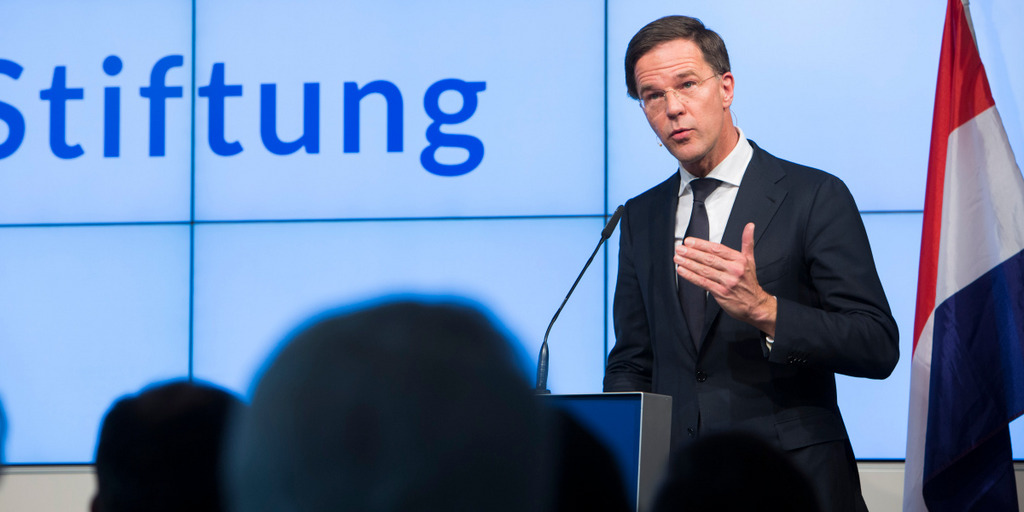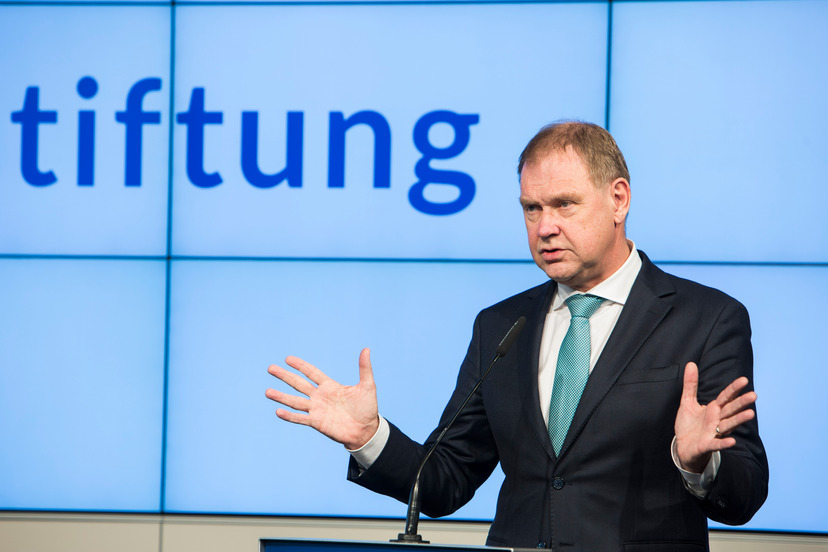"You must speak if you want to be heard." At the beginning of his remarks, Rutte quoted former German Chancellor Helmut Schmidt, explaining to representatives of the business community, political arena, civil society and media how Europe should fulfill its promise of prosperity and security.
Invited to Berlin by our chairman and CEO, Aart De Geus, the event's participants took the opportunity to discuss the future of the EU. In his speech, the Dutch prime minister emphasized that Europe must "deliver" on its promise of prosperity and protection, saying that "lofty visions do not create jobs and security."




